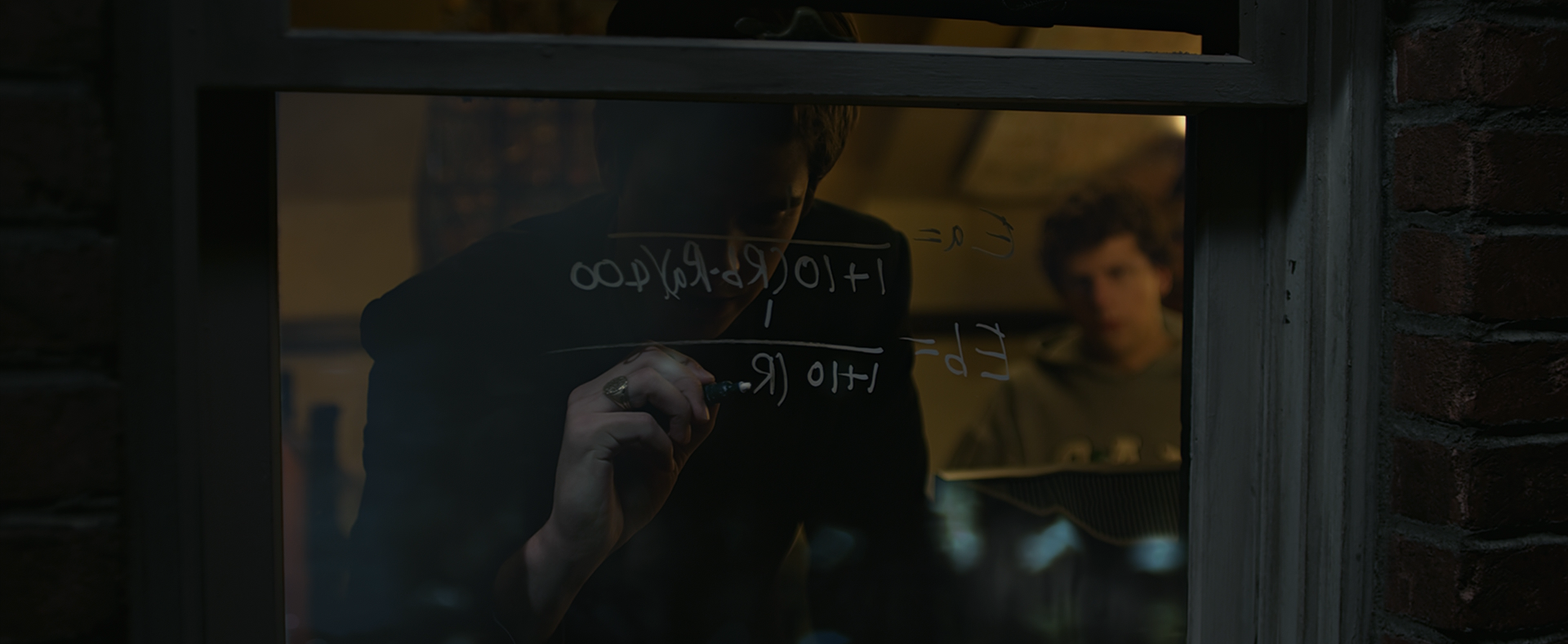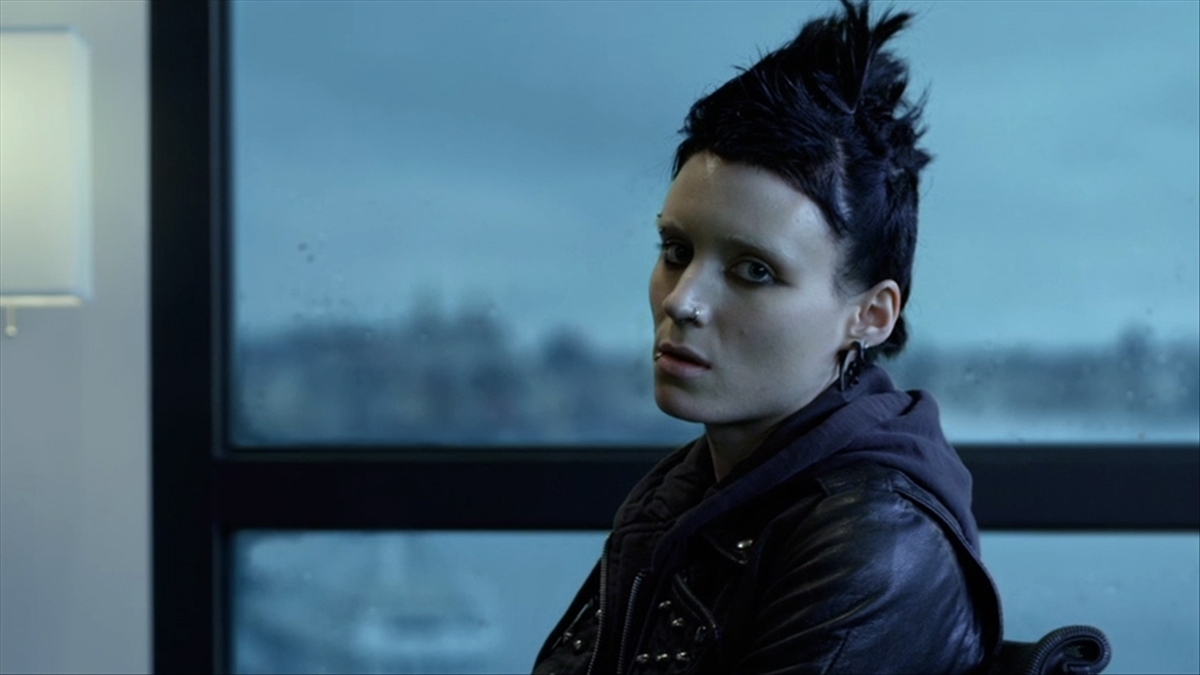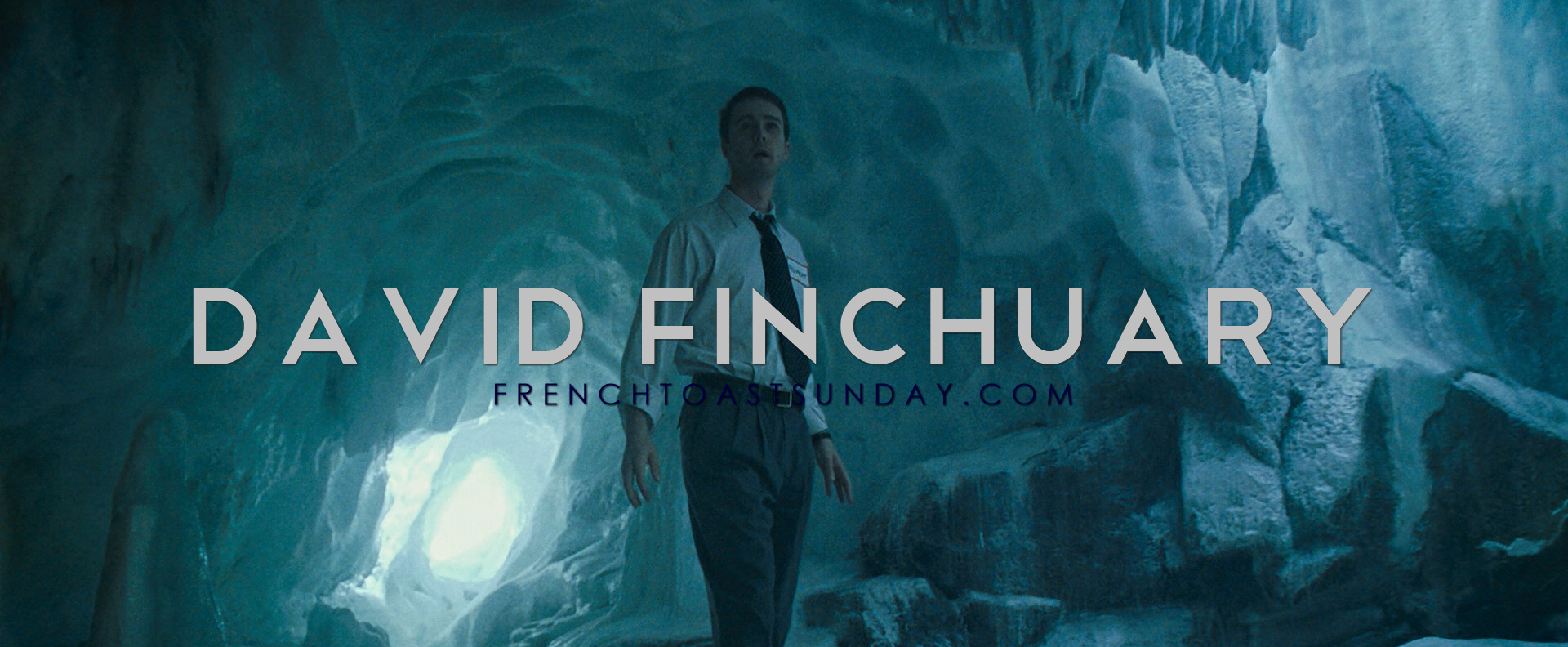
Trope Talk is my way of dishing out and breaking down the timeless and the tiresome of cinema’s most recognizable tropes, archetypes and formulas. In honor of FTS’ David Finchuary month, I’m going to use this post to talk about the tropes of David Fincher: the stylistic and narrative markers that make him one of today’s most fascinating auteurs.
David Fincher is my personal favorite director. This wasn’t necessarily the case until I saw 2010’s The Social Network, which is still a point of great bitterness for me by the way; how could something so interesting and innovative lose the Oscar race to something quite the opposite as The King’s Speech? I still feel this way, but for the intents and purposes of this post, I’d like to remain calm and offer that as unique as The Social Network was in the sense that it transcends—or rather, totally disregards—the tropes of typical Oscar bait, it fits perfectly in a different canon of films, all of which warrant the following statement: “That’s so Fincher.”
The Social Network is the first film I was confidently able to say that about, because I was realizing gradually that all his other films were, in many regards, the same, characterized by low-key lighting and hues of blue and yellow, wide shots with fluid camera movement, often highly imperfect protagonists whose stories are either adapted from books or true events (or both), and a violent, vibrant sense of musicality that makes complete sense when one finds out he used to work in music video direction. Then, of course there are little things that are perhaps even more specific, so maybe I should backtrack just a little bit.
Does everyone remember Panic Room (2002), with Jodie Foster and a young Kristen Stewart? Well, that’s the first Fincher movie I’d ever seen and it wasn’t until I saw the earlier Fight Club (1999) much later in my life that I realized Fincher also really likes the power that the camera (and, more accurately, special effects) can afford him—what I am referring to here mainly is the sense of devilish playfulness in how he takes us through and/or over the walls, floorboards and ceilings, zooming in and around various household objects as well. We feel every texture physically and, in the case of Fight Club, thematically as well.
Visual FX breakdown from Panic Room.
Fincher does let us have some fresh air in The Curious Case of Benjamin Button (2008), but he saturates that air with those distinct blues, grays and greens to contrast the sepia-like golden, orange tones. That movie is hardest to compare to his others, I think; it is grand, sprawling and romantic. This brings us back to The Social Network, his next award’s season entry, which was still less bloody and brutal than the likes of Zodiac (2007) and Se7en (1995), but infused still with a kind of human dimension of darkness that is very, very Fincher if you ask me; how he is talented enough to take an admittedly talky script (no offense to Aaron Sorkin whatsoever; the screenplay was particularly deserving of all its praise and recognition) and make it feel just as fraught with intensity, suspense, and dread as its more flashy and less brooding film-brethren is beyond me.
Then, with The Girl with the Dragon Tattoo (2011), we should probably have come to expect that he’d turn again to Atticus Ross and post-Nine Inch Nails Trent Reznor’s hauntingly ambient, industrial electro-rock for the soundtrack. Fincher has since made music just another trope to work with and utilize for his own directorial control, ever since “Hand Covers Bruise” (or The Social Network theme song, really) was cleverly manipulated and muffled as it is played throughout Mark Zuckerberg’s tale; Fincher used this muffling effect as another mode of storytelling, claiming that the increasingly muffled quality was meant to reflect Zuckerberg’s dissent further away from himself.
As much as I am arguing that many of these tropes work, are there any that don’t? I think even his most despicable, flawed, anti-social, and mentally disturbed heroes and heroines are engaging and likeable, so that really isn’t an issue for me—plus, Fincher has been quoted as saying he’s not interested in perfect people and typical heroes anyway, but rather individuals who get stuff done. I do think, with his upcoming adaptation of Gone Girl on the way this October, that his tendency to adapt written works can sometimes be problematic, but he already knows that about himself as well, claiming that he may have been too beholden to The Girl with the Dragon Tattoo’s source material. But with Gillian Flynn changing her own novel’s third act and her dream director bringing the cynical, mysterious thriller to a cold and calculated life on screen, I have no doubt that Fincher will make use of most, if not all, of his signature trends to extremely successful ends once again.



